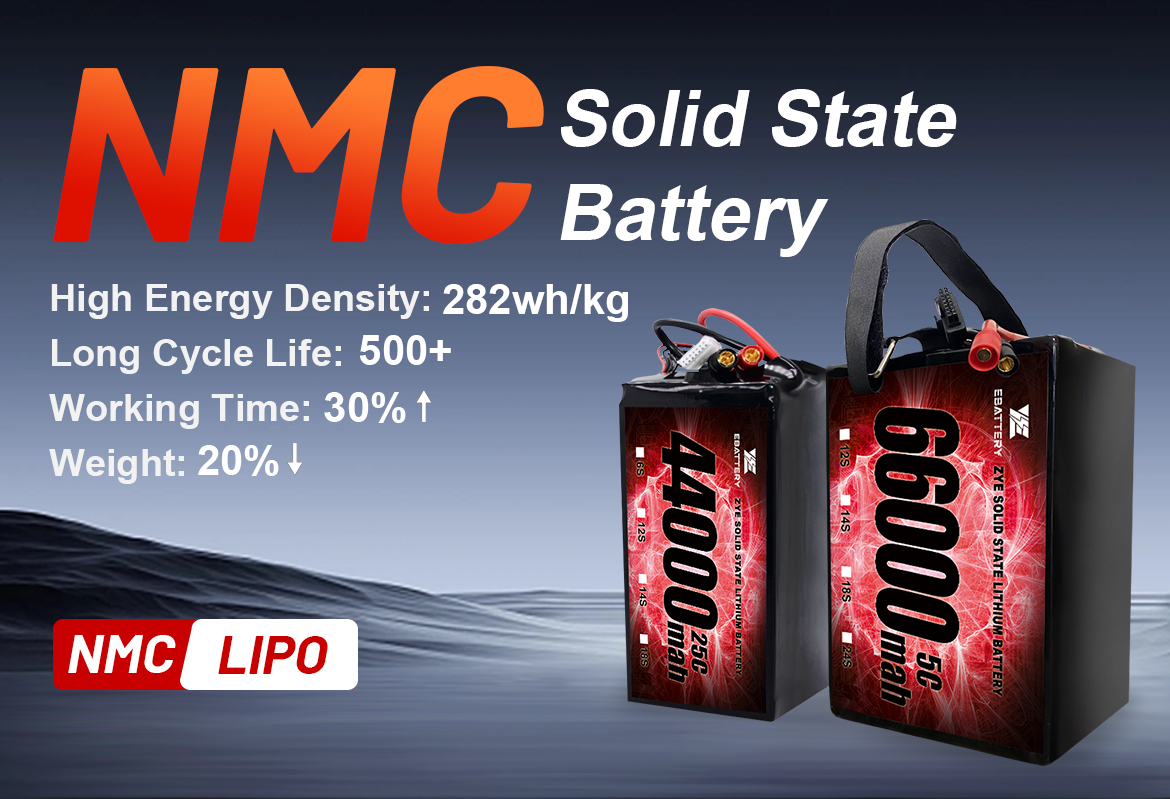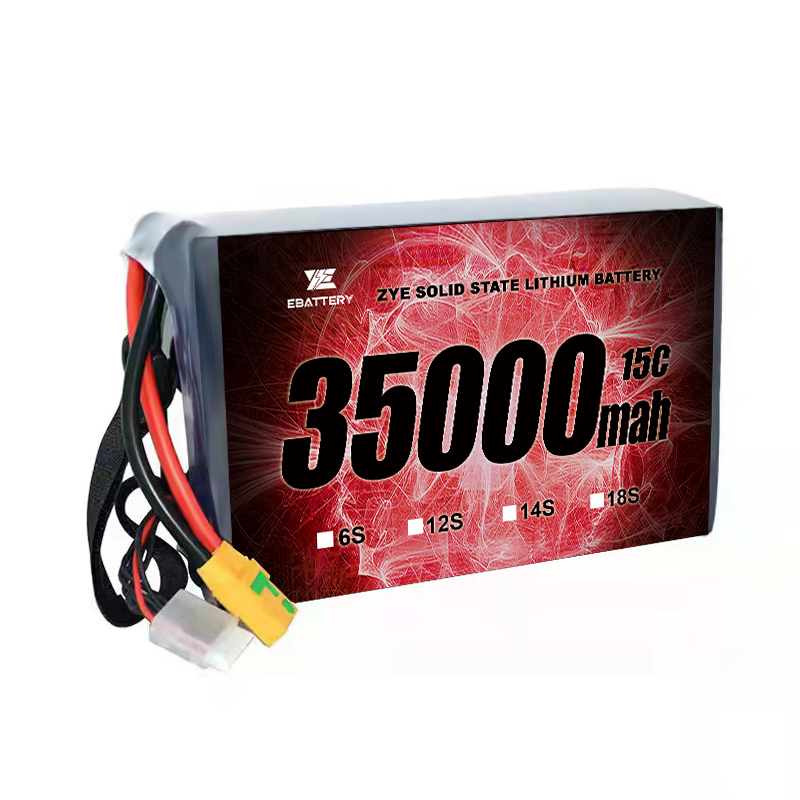What is a solid state battery?
2024-04-26
What is a solid state battery?
Solid-state batteries are a new type of battery technology that uses solid electrolytes instead of traditional liquid electrolytes, resulting in a higher energy density and faster charging speed.


First, the meaning of solid-state batteries
A solid state battery is a battery that uses a solid electrolyte instead of a liquid one. Compared with traditional lithium-ion batteries, solid-state batteries have higher energy density, faster charging speed, higher safety and longer life. Due to these advantages, solid-state batteries have become one of the research hotspots in the field of battery technology.
Second, the working principle of solid-state batteries
Solid-state batteries work similarly to traditional lithium-ion batteries, both based on the migration and charge transfer of lithium ions between the positive and negative electrodes. In solid state batteries, both positive and negative electrode materials use solid electrolytes rather than liquid electrolytes.
When the battery is charged, lithium ions migrate from the positive material to the negative material, and electrons flow from the negative to the positive electrode. When the battery is discharged, lithium ions migrate from the negative material to the positive material, while electrons flow from the positive to the negative.
























































